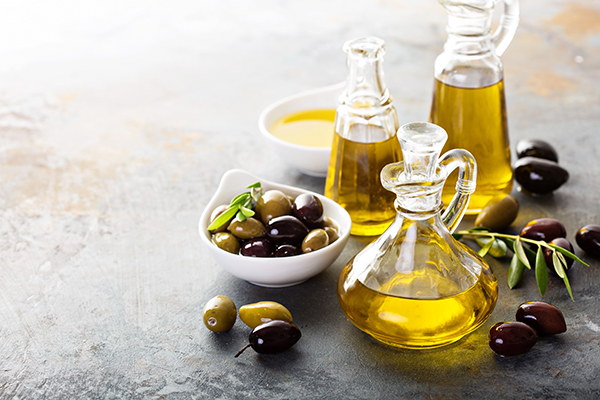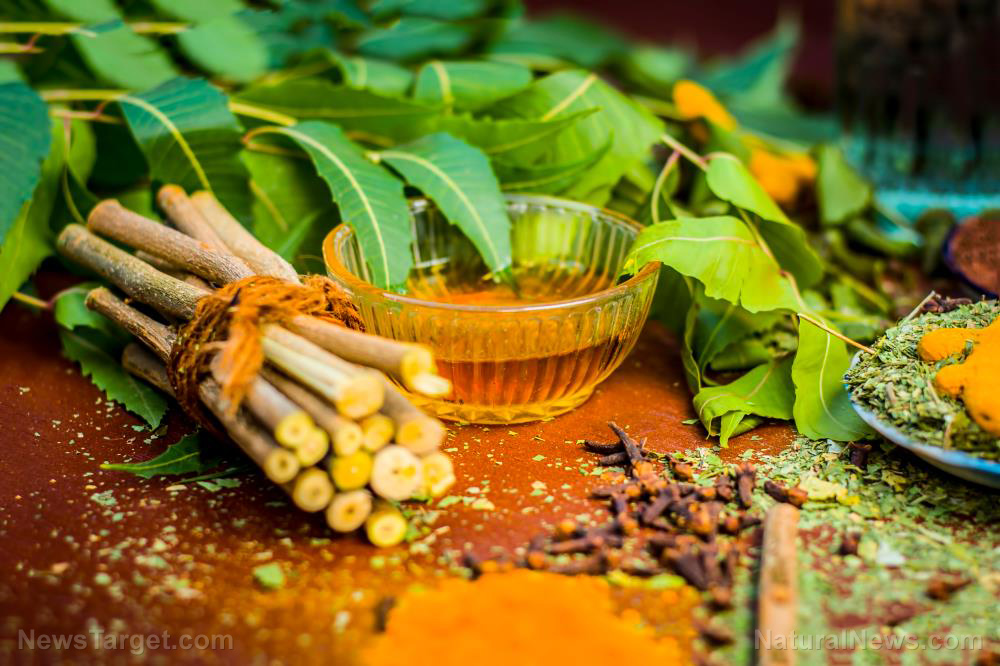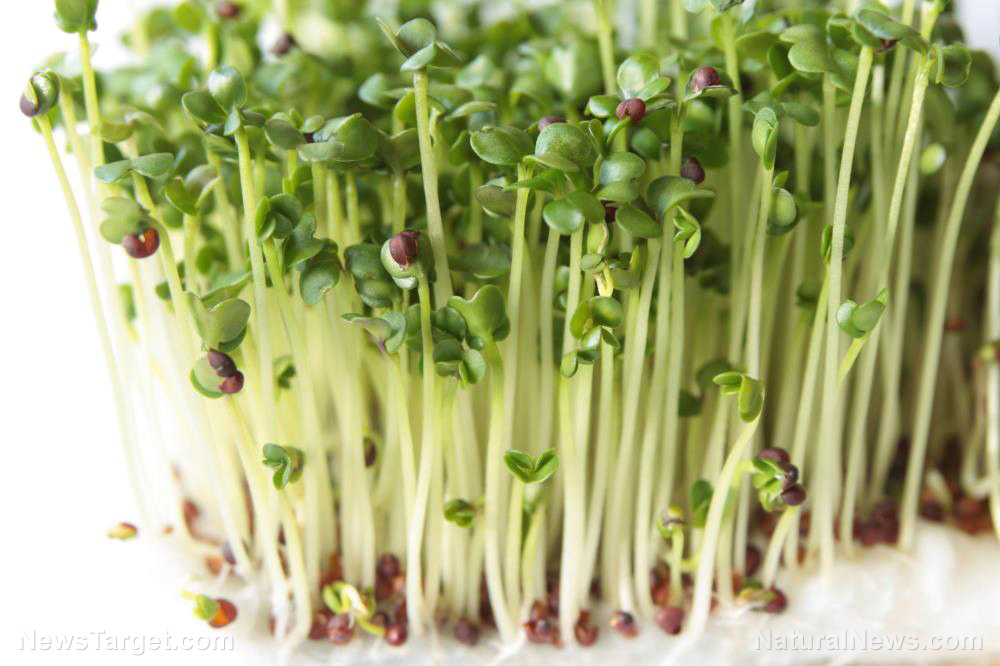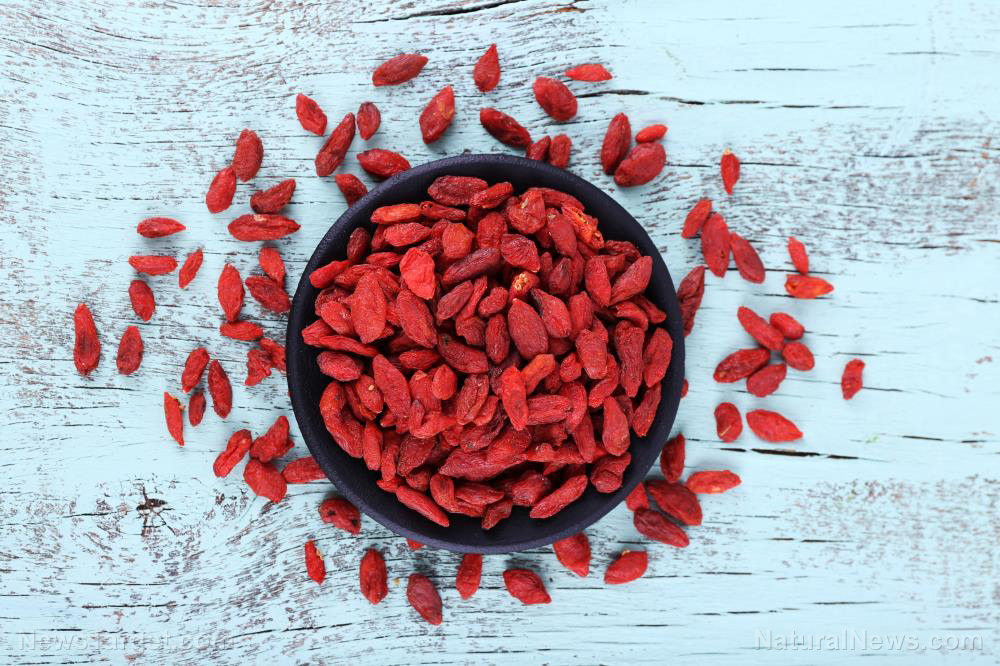Keep well this winter with these warming spices packed with health benefits
12/27/2022 / By Olivia Cook

Under the weather? Fend off the chill, relieve that feeling of sluggishness and welcome winter with a healthy note with these warming spices.
Nutmeg
In spite of its name, nutmeg is not a nut. It is a spice that can provide warmth even in small amounts. Known to help digestion, nutmeg is also used to relieve depression, promote sleep and help remedy bad breath. Too much of this warming spice, however, will cause negative health issues. Nutmeg’s high essential oil content is responsible for its alluring scent that rapidly dissipates once released.
Cinnamon
Cinnamon is extracted from the bark of an evergreen tree. There are two types of cinnamon sold on the market – the sweeter and more expensive Ceylon from Sri Lanka, and the more pungent cassia. The latter is widely used in traditional Chinese medicine (TCM) and is included in many classic formulas. According to TCM treatises, cinnamon addresses intestinal and uterine cramps, back and joint pain and cough.
Ginger
Ginger root holds the distinction of being used in both sweet and savory food. Aside from aiding digestion, it also helps with the onset of upper respiratory infections during cold weather. Both its fresh and dried forms are used in TCM formulations. However, pregnant women should avoid ginger as excessive amounts can cause them to miscarry.
Clove
The nail-shaped cloves are often inserted into oranges, with the resulting product being called pomanders. A few individual cloves eaten after a meal can aid in digestion and freshen the breath, but they are used sparingly in cooking due to their tongue-numbing aftertaste. Clove oil is used to treat insomnia, parasites and toothaches. Outside of medicinal and culinary uses, cloves in Indonesia are blended with tobacco to create fragrant cigarettes called kreteks.
Star anise
Star anise gets its name from its eight-pointed seed pods, which look like stars. This spice that aids in digestion is used in savory dishes as it imparts a licorice flavor. In medicine, star anise is used to treat cold and flu due to its high shikimic acid content that interferes with the replication of viral pathogens. Aside from being an effective antiviral, star anise also gets rid of bacteria and fungi.
Black pepper
Black pepper is a staple in the kitchen alongside salt for seasoning food. A June 2013 paper elaborated on the health benefits of this spice. The said paper focused on piperine, an active ingredient in black pepper that contributes to its antioxidant and anti-cancer activity. It also mentioned piperine’s ability to boost the body’s capability to absorb nutrients.
Cardamom
Cardamom is a mainstay spice in Middle Eastern culture, being used to flavor savory dishes, sweets and beverages. It is also known to possess anti-inflammatory properties that protect the cardiovascular system from elevated cholesterol levels and blood pressure. A February 2020 study highlighted the positive effect of cardamom on oral health after cardamom seeds and fruits were found to disrupt bacterial responsible for gum disease.
Turmeric
Turmeric lends its golden color to several kinds of savory dishes and beverages. But over the last 25 years, more than 3,000 publications have highlighted its positive health effects. These studies pointed out the antioxidant, anti-inflammatory, anti-carcinogenic, anti-thrombotic and cardiovascular effects of this golden spice. Pairing turmeric with black pepper helps unlock the powerful plant compound curcumin present in turmeric. (Related: Organic turmeric powder with black pepper is the ultimate combination for optimal health.)
Visit Herbs.news for more about the health benefits of warming spices.
Watch this video about the extraordinary medical properties of 20 culinary herbs and spices.
This video is from the LDS Prepper channel on Brighteon.com.
More related stories:
Top 6 herbs and spices for losing weight.
Naturally manage your blood cholesterol with fenugreek seeds.
Combination of fenugreek seeds and garlic found to exhibit cardioprotective properties.
Sources include:
Submit a correction >>
Tagged Under:
alternative medicine, black pepper, cardamom, cinnamon, clove, food cures, food is medicine, ginger, Herbs, natural medicine, nutmeg, prevention, remedies, Spices, star anise, turmeric, warming spices, winter
This article may contain statements that reflect the opinion of the author
RECENT NEWS & ARTICLES
FoodIsMedicine.com is a fact-based public education website published by Food Is Medicine Features, LLC.
All content copyright © 2018 by Food Is Medicine Features, LLC.
Contact Us with Tips or Corrections
All trademarks, registered trademarks and servicemarks mentioned on this site are the property of their respective owners.




















